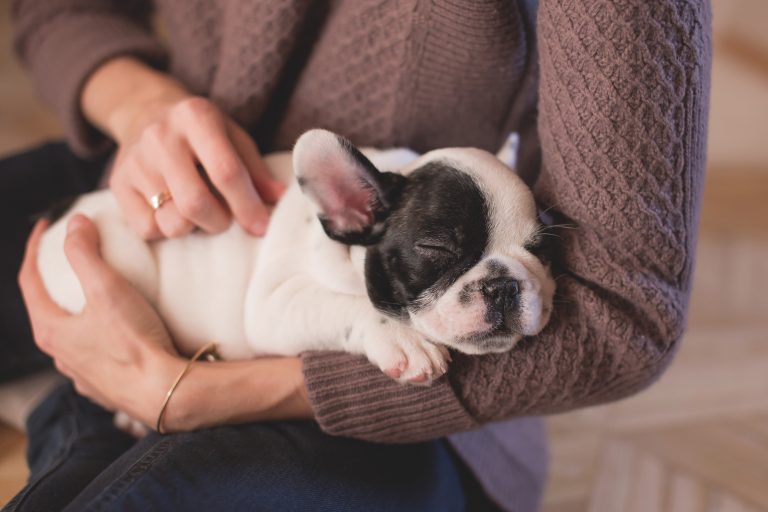
By Joseph Staples // SWNS
NEWS COPY w/ VIDEO + INFOGRAPHIC
Two in every three Americans will end their relationship if their pet doesn’t approve, according to new research.
A survey of 2,000 single and dating Americans found that 67% of those in the dating scene feel this way, while 68% said their pet has the final say in who they date.
The results showed that most Americans value their furry friend’s opinion, as 71% of respondents trust their pet’s judgment over their own. Likewise, 68% trust their pets more than their friends and 67% trust them more than their own family.
In a study conducted by OnePoll on behalf of Zesty Paws, results found that almost seven in 10 Americans (69%) have dated someone their pet didn’t like.
Luckily, 69% of those who have had their pets reject their dates said their pets liked their next partner.
[youtube https://www.youtube.com/watch?v=FljnEJuWW1I?enablejsapi=1&autoplay=0&cc_load_policy=0&iv_load_policy=1&loop=0&modestbranding=0&rel=1&showinfo=1&theme=dark&color=red&autohide=2&controls=2&playsinline=0&&w=640&h=360]
Sixty-seven percent can thank their pet for scoring the first date with a potential partner or their current partner. But if the first date and meeting of the pet doesn’t go well, 68% said there’s no chance of a second date.
Respondents gave varying reasons for their pet’s distaste in their current or ex-partner including not liking their scent, height or lack of attention.
The most obvious signs a pet doesn’t like potential partners include not going near them (47%), clawing/biting them (41%) and growling/hissing at them (40%).
In order to be liked by a pet, respondents said their partner needs to be friendly (44%), give behind-the-ear scratches (40%) and give treats (38%).
“Pets play an important role in relationships and can help guide their pet parents in the right direction as they look to meet their match,” said Steve Ball, CEO of Zesty Paws. “As a Bestie always does, fur babies use their intuition to check out their parent’s potential date and make sure they “approve”. Their deep emotional connection to their human Bestie can, as the data shows, drive their dating decision making.”
Praises and rewards are in order from nearly two-thirds of pet owners (63%) since they say their pet saved them from a bad or awkward date by showing signs they don’t like that particular person.
Thirty-one percent of pet owners show their appreciation for their pet by prioritizing getting them the highest-rated treats and only 21% say that the price may matter.
This just shows how highly people regard their pets. Continuing the trend, more than two-thirds (69%) said it’s worse having their pet mad at them than their partner being mad at them.
And if a potential partner is rude towards a pet, 64% of respondents said they could never forgive them.
Pet parents will go to any lengths to make sure their wing-pets are there for them. When looking for pet food, treats and supplements, respondents said they often look to recommendations from others who have the same breed of pet (45%), vet recommendations (42%) and even the recommendations from family and friends (42%).
“Our pets make a huge positive impact in our lives and relationships,” said Ball. “Their unique quirks and unconditional love you can’t find anywhere else, makes it easy and natural for us to trust our furry besties to play a big part in every area of our lives.”
TOP 5 WAYS PETS SHOW THEY LIKE SOMEONE
- Wagging tail/purring 46%
- Sharing their favorite toy 45%
- Rubbing up against 39%
- Allows petting 31%
HOW PEOPLE WIN A PET’S APPROVAL
- Be friendly 44%
- Give behind-the-ear scratches 40%
- Give treats 38%
- Give pets 38%
- Walk them 31%



















